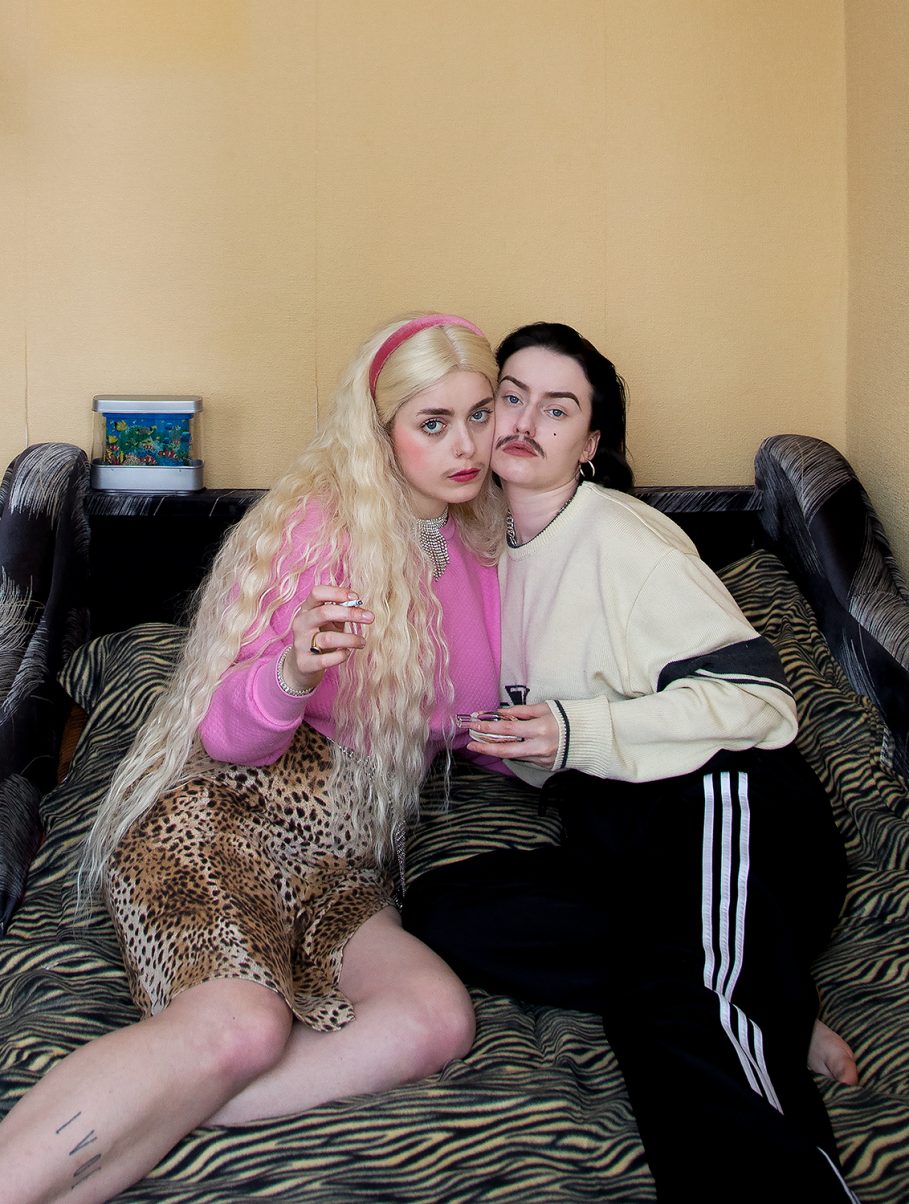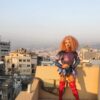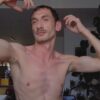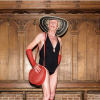Maria (bottom) and Martyna.
Photographer Maria Kniaginin-Ciszewska is sending you lesbian postcards from Poland’s messy queer future.
Words by Caspar Pisters, photos by Maria Kniaginin-Ciszewska
‘As this interview took place a few weeks ago, the material of our conversation was composed of careless memories and dreams, before the war. Before our hearts got crushed, before humanity got burned. These days, in times like this, I got nothing in my head but the question: what does home mean? Artistically, I am (and I was) creating different fantasies, worlds, homes. I do care for my home, created from scratches. I care for a home that I can’t put together for a little while.’ (Note from Maria)
“Sometimes I can’t believe I’m saying that we’re going to leave Poland, because I love it so much. We love it so much. Martyna and I are very connected with our motherland. The culture, the food, the vibe, the atmosphere, all the in-between, lost-in-translation stuff that you cannot grasp, but when you see it, it’s like: wow, Polish.
All we do, all we love, we have it right here. But with every year that we’re getting more mature, the question comes up: Is this the life we really want to have and don’t we maybe deserve a little bit better?
We’re not the kind of people that are going to cry or do trauma art about how homophobic Poland is, and use the place where we live to tell how sad it is to be here. There is this movement in art, especially youth art, queer art, where people are using their place of birth as sadness, as this horrible place. They get stuck in some sort of loop of being in love and feeling chased by it.
We’re not the kind of people that are going to cry or do trauma art about how homophobic Poland is.”
Me and Martyna, we for sure know and see where we live. We don’t hold hands on the street. It’s fine. We don’t do it. We won’t be sad about this. And probably that is bad, that we’re fine. Because we don’t know the other option.
Yet on the internet, we’re quite vocal and authentic. Martyna kinda is the online queen of Polish lesbians. It’s very cute, she has this huge fanbase of people here that love her and adore her work. I didn’t know it existed to that extent before we actually met.
(text continues)
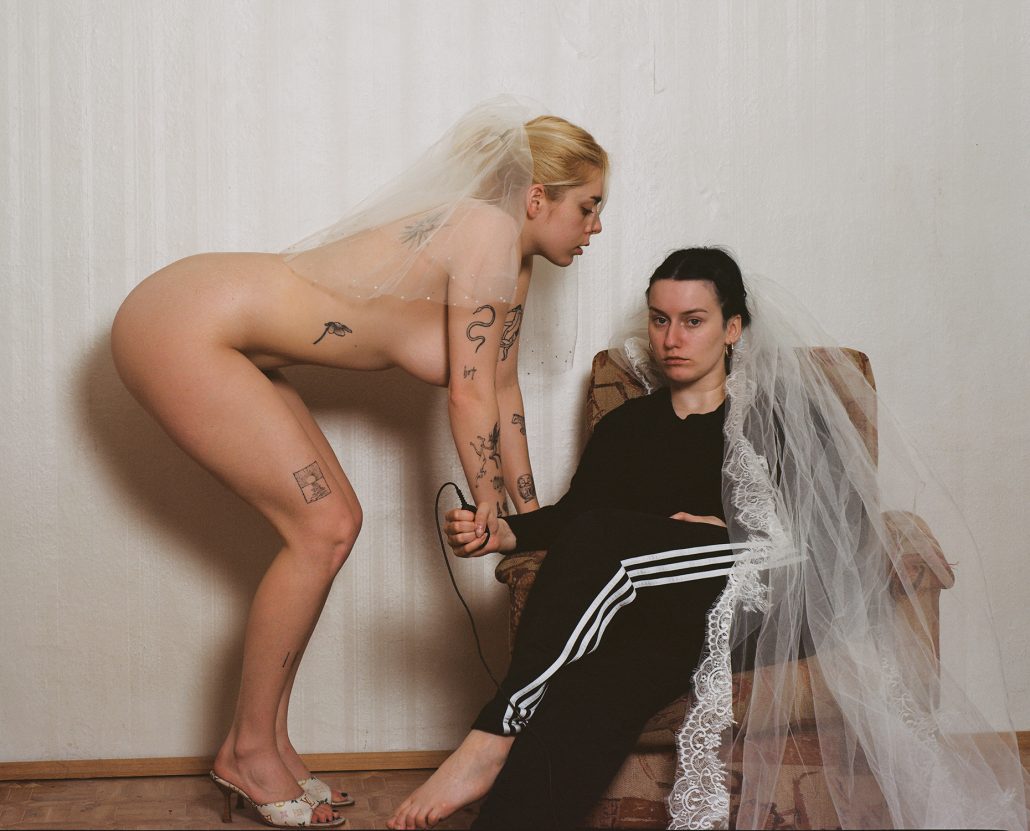
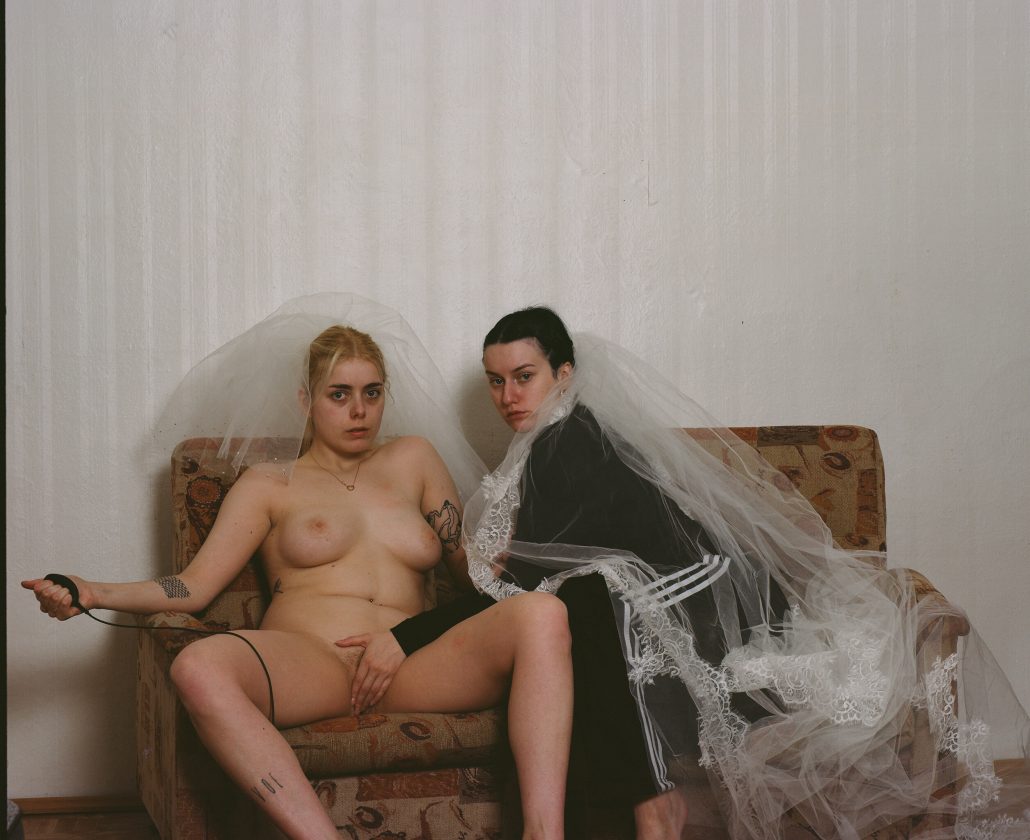
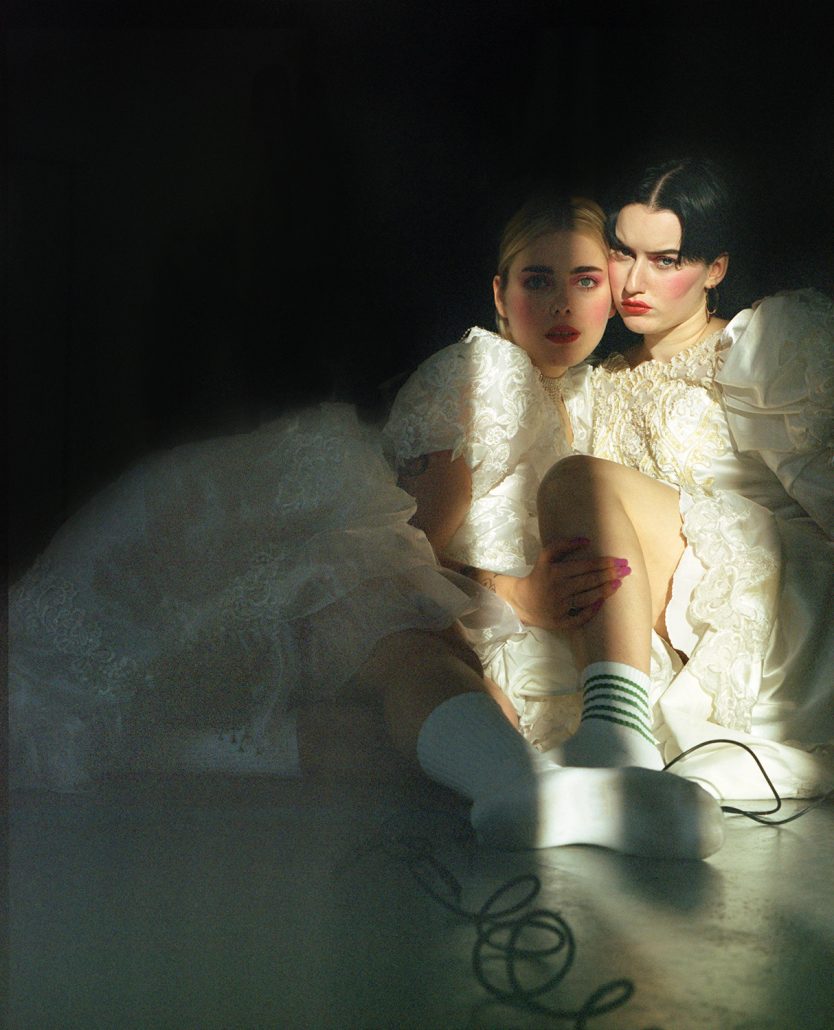
After five days, we realized it wasn’t going to only be the lesbian Summer romance that we intended.”
It all started on Instagram. I was manifesting that I wanted to meet her because I really loved her art. She ghosted me twice. I was like: Okay… I’m going to keep trying.
Our first date was during the first lockdown and it lasted five days. Poland is quite big and Martyna was staying at her grandmother’s, which is six hundred km from Warsaw where I live. So she came for five days.
It was cute and fun, and after those five days, we realized it wasn’t going to only be the lesbian Summer romance that we intended. I don’t know if either of us felt ready for a serious relationship, but we created it and we are gonna be wives, so I guess it’s serious. [laughs]
We’re quite traditional when it comes to relationships. I am. A relationship, to me, is with one person only. We wanna have a ceremony, with rings, and a big reception. Full on. Yeah, white dresses for sure, with a veil. That we’re not allowed to marry in Poland, makes us want to do it even more – it’s a bit of a mind trick.
We got engaged in Ukraine. We went to Kyiv for a trip to celebrate our one-year anniversary. It was our first time there and we loved it. There are a lot of similarities to Poland, people have a lot of beauty and realness.
I bought a ring a long time ago already, I knew I was going to propose. We went to this church, Saint Andrews. It has a lot of gold and richness and it’s up on a hill, you can see the whole of Kyiv. Kind of a cliche spot for a marriage proposal, but it was beautiful, and we very much loved the paradox of two Polish lesbians in Ukraine getting engaged in front of a church. [Laughs]
I honestly don’t remember what I was saying, I was so stressed and nervous. After, we went to have pizza. I drank three glasses of wine in a row and when we got back we were so exhausted and drained from emotions that we fell asleep immediately.
(text continues)
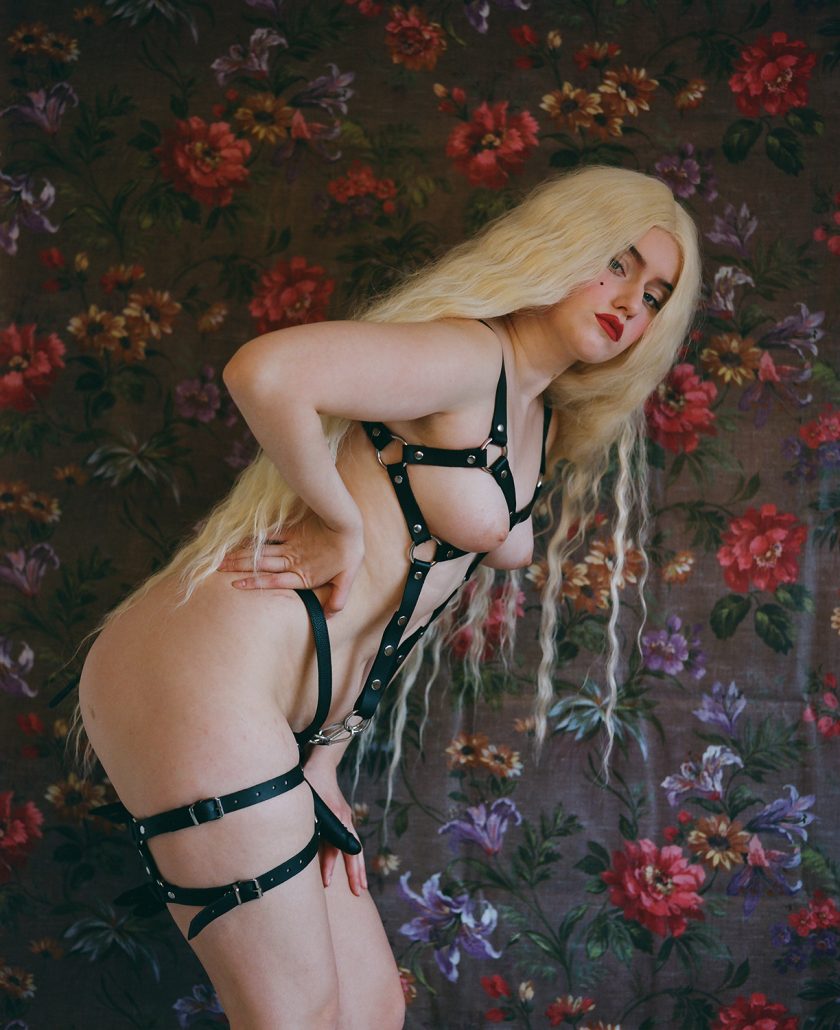
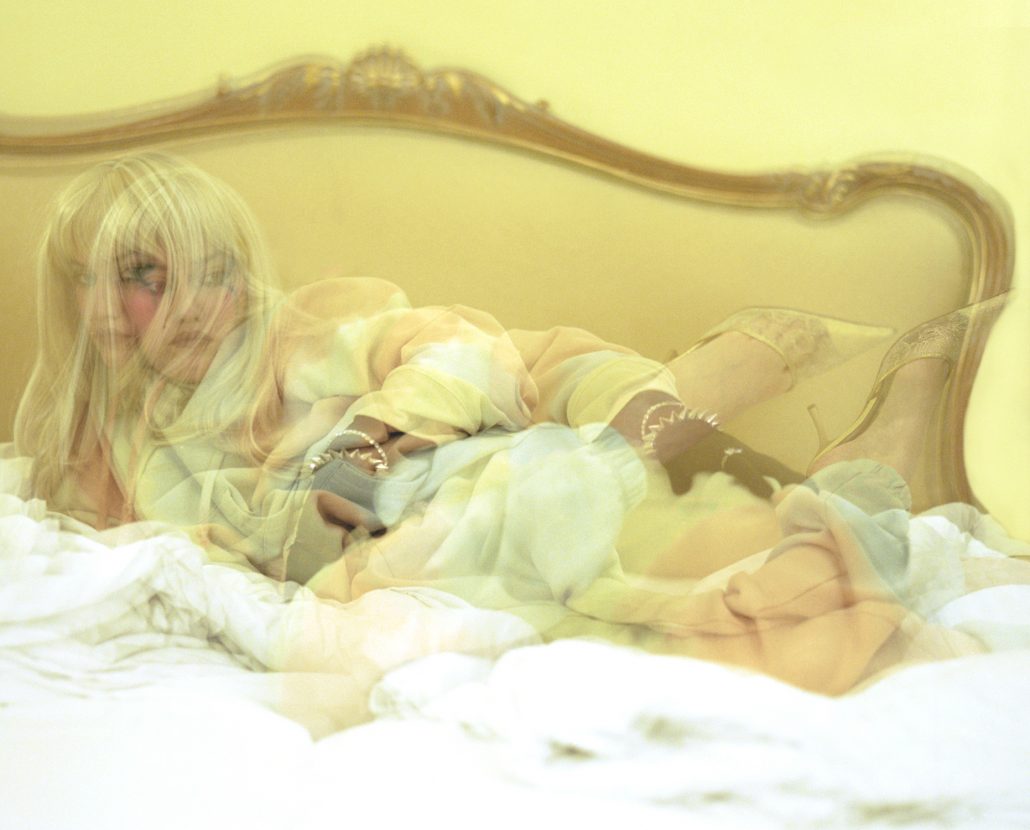
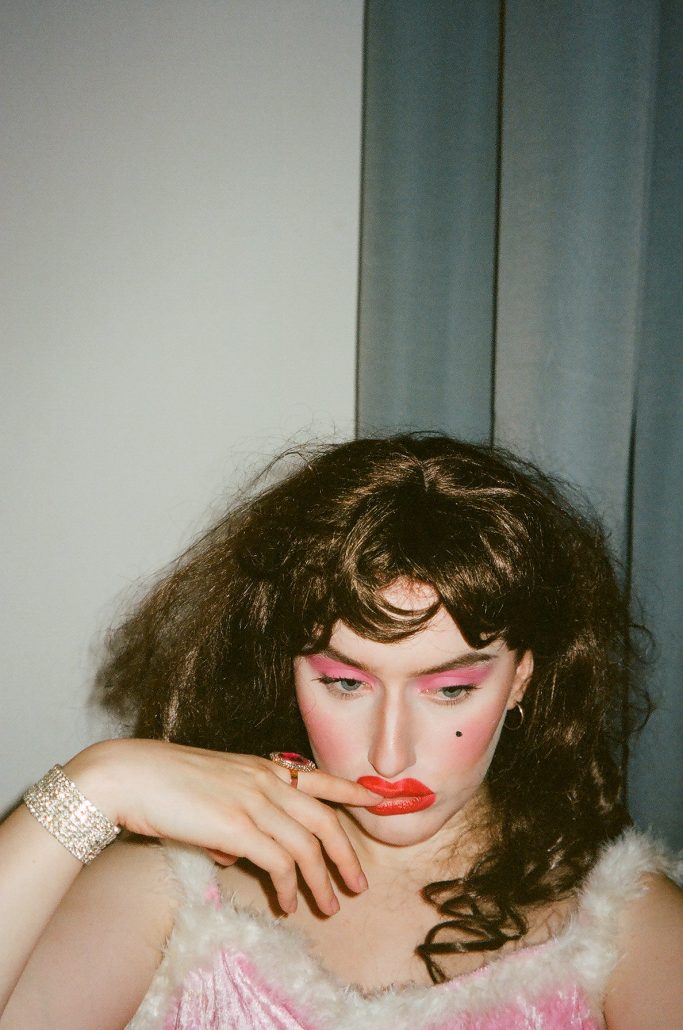
We’re here in Poland, and for as long as possible for our mental health, we’re going to stay here.”
To level artistically took us some time, the balance wasn’t there when we first met. Martyna, can do so many different things, has so many talents. I’m an image-maker. I have accepted photography as the only medium I can actually work with, and I try to put all my power and strength into this.
It took some time before I could tell myself: okay, I can’t compete with Martyna or compare myself to her because this is not what our relationship should be about. We’re doing life together, we’re doing art together.
I’m not sure how to put it in words, but there was a moment when we started to trust each other. It happened in our art because in there we are so vulnerable, naked, transparent. We go through failures and ups and downs and still are being very authentic. The turning point of our love relationship was actually being able to co-exist and not be competitors, but to be partners in a huge way. When we connect our skills and don’t compare, we can do really powerful things.
Last Summer I graduated from the Royal Academy of Art in The Hague, Netherlands. The title of my graduation project is Reaching heaven, thinking they are going to hell. It has images in it from our very first date, and from our second date at the house of Martyna’s grandma.
Initially, it felt too personal as a subject. I invite viewers to join us in these moments and shed some light on how it is to be a lesbian couple in the most homophobic country in the EU. The photos are like a fantasy that we are building, to stick on a postcard.
At the exhibition, some people said: ‘Good job, you are such a fighter.’ Some were asking how bad it is in Poland and if they should be scared to go there.
(text continues)
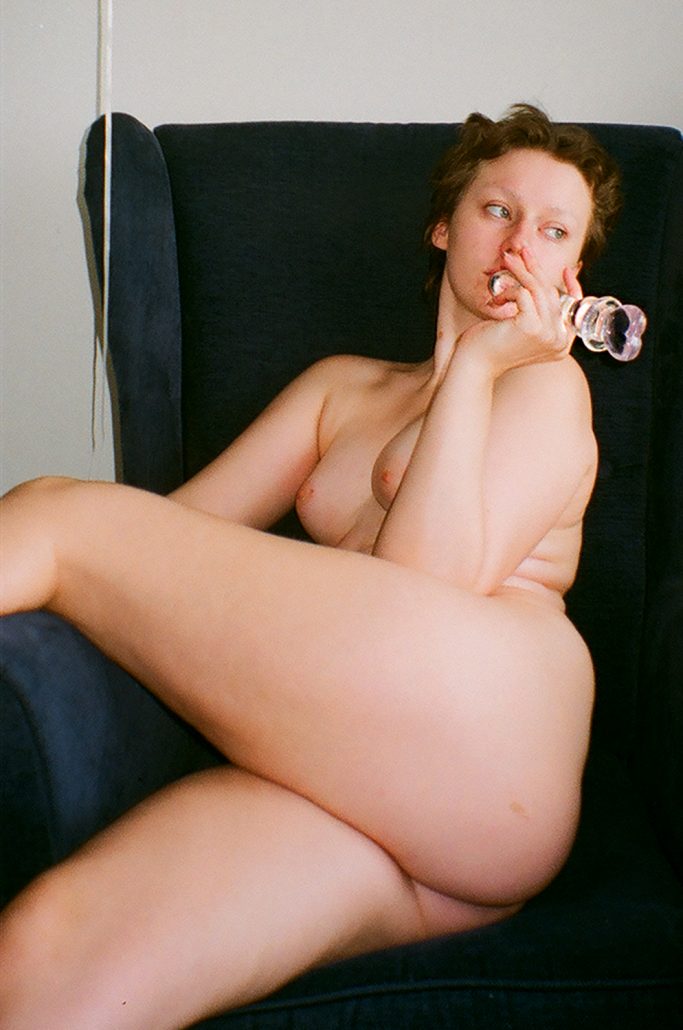
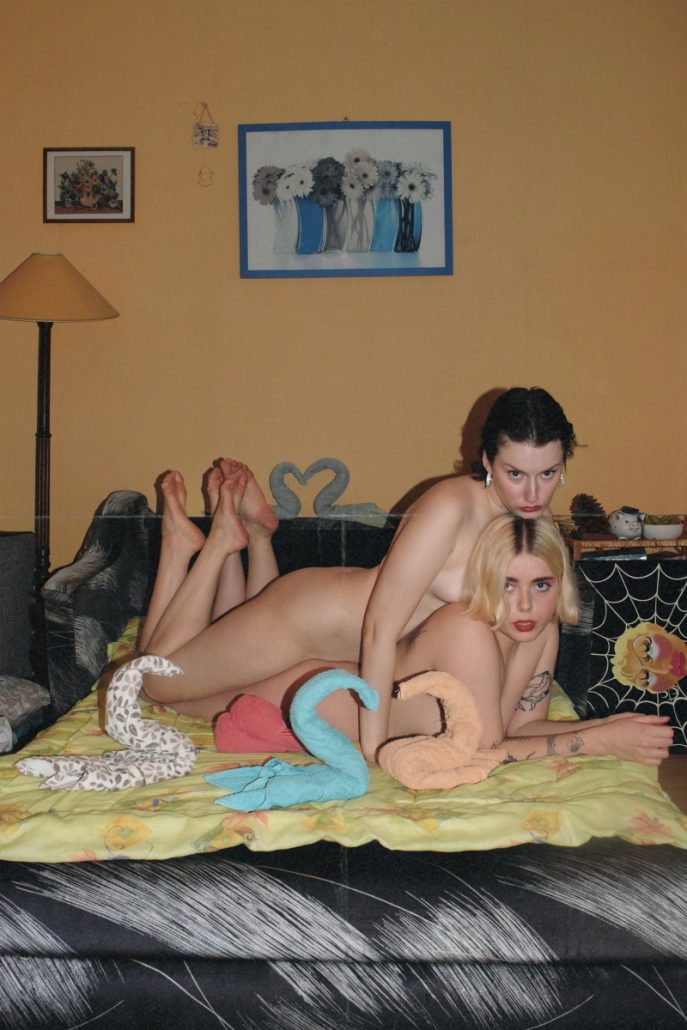
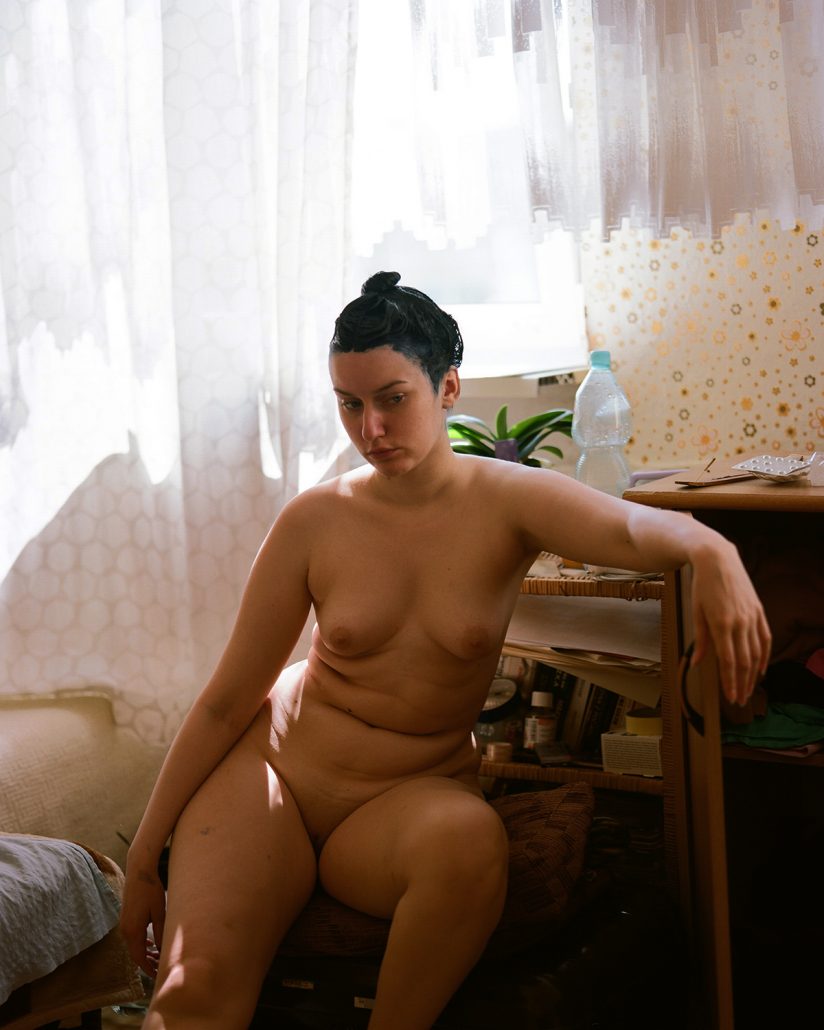
We don’t call ourselves activists, because we just do what we are doing. I don’t feel it’s any form of activism.”
I didn’t do this work to be called a fighter. We don’t call ourselves activists, because we just do what we are doing, I don’t feel it’s any form of activism. I’m also not a fan of this word. During my graduation, I heard so many people talk about activism that I felt I would go nuts if I heard someone say the word one more time.
If you look at the work deeper, it’s about the small and big mysteries built on both the joy and pain that are buried underneath the realm of the everyday. It’s about creating our own world, recreating the world we live in, but on our own terms.
I continued the project after my graduation. In April, for the first time, I will show my work in Poland. I’m very curious how reactions are going to be different from the ones I received in the Netherlands, during this quite important time of finishing school, when everyone is on their best behavior, very elegant and steady. I’m excited about it.
Sometimes being called a fighter, I take it. From my teachers, there was a lot of pressure put on me to make lesbian art, to use it as my power. Perhaps it can be for some people. But being a lesbian in Poland is my life, it is not something that I choose to own. As we’re both artists here, we just like our work to be recognized for its own good, as interesting, or emerging, not because it is lesbian art.
We’re here in Poland, and for as long as possible for our mental health, we’re going to stay here. But if we’re not going to be to have kids legally, or have passports for our kids, if we cannot legally be wives on paper, if we cannot have the possibility – if something happens – to check on each other in the hospital, because we’re not family on paper, perhaps we need to think a step ahead.
I wanna try how different life is somewhere else, how it is to get married. Yeah, it is very surreal for me to even have this option. Because I don’t know it, it’s hard to imagine.
Being somewhere else won’t change our Polishness. It will only grow in us, I believe. It will show up in different ways. And it won’t stop us from wanting to change stuff. But it will definitely be a new chapter, a life that could fit us, that is more open-minded.”
Jak się czuje Twoje drugie serce? (‘How does your second heart feel?’) is a continuation of Maria Kniaginin-Ciszewska‘s graduation project. It opens April 7 at Miejsce przy Miejscu in Wroclaw.

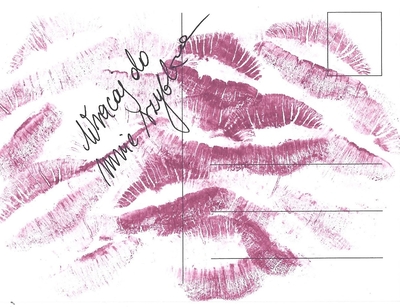

WTF. Tell us your suggestion on who to follow.
Follow W.A.T on Instagram and Twitter.
///////////////////////////////

